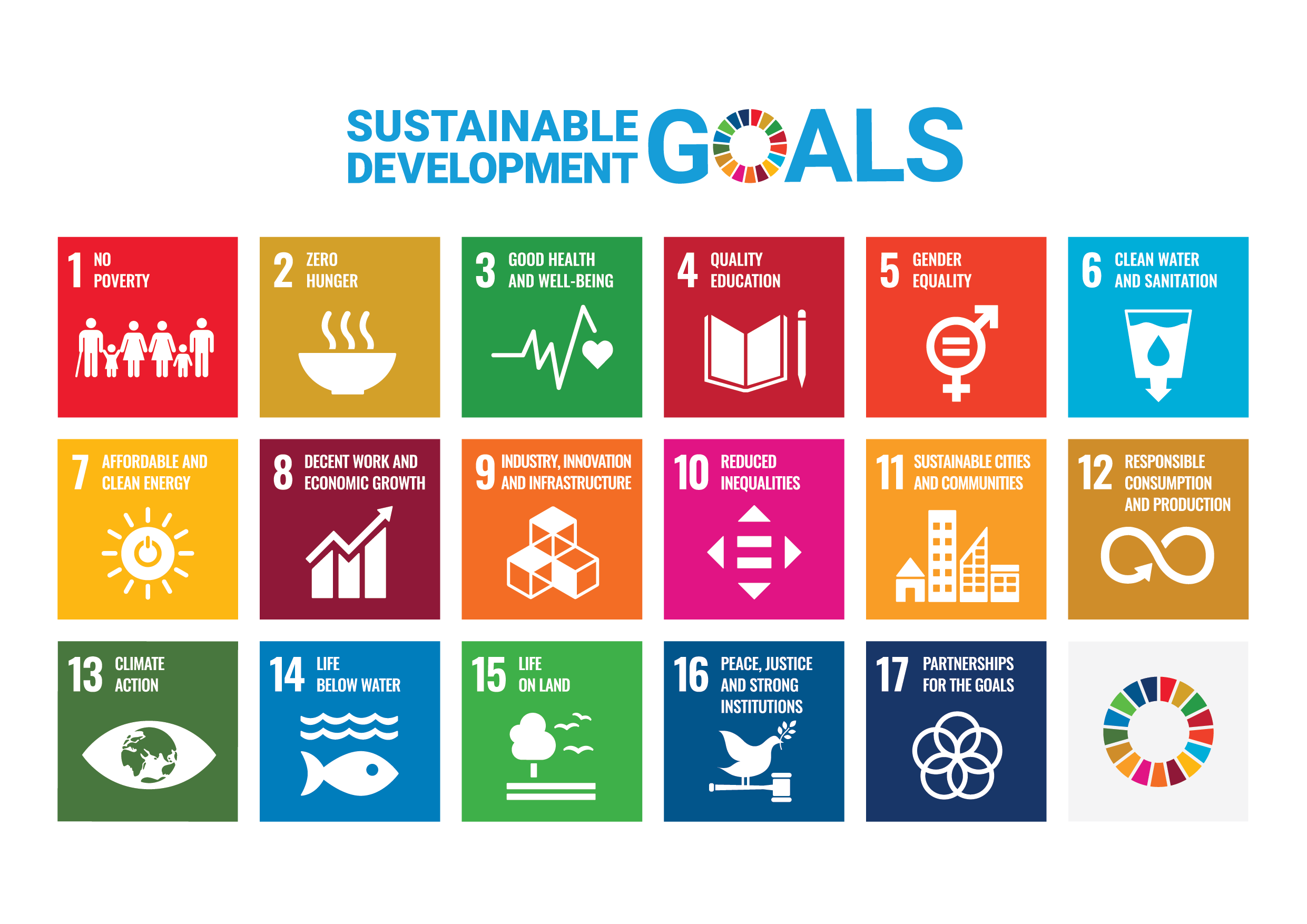Global Goals Week: Fashion's Crucial Call to Action
Global Goals Week is a powerful annual moment when the world mobilises for the Sustainable Development Goals (SDGs) - a set of 17 universal targets aiming for a peaceful and prosperous world by 2030. While often associated with governmental policy and international bodies, this week of action, awareness, and accountability holds a uniquely urgent relevance for one of the world's largest and most impactful sectors: the fashion industry.
For too long, the fashion business model has been linear: take, make, dispose. Now, with the clock ticking toward the 2030 deadline, Global Goals Week serves as a critical mirror, compelling the industry to face its foundational role in global sustainability challenges and, more importantly, to accelerate the transformative solutions we know are possible.
The sheer scale of the fashion industry means its operations directly touch nearly every one of the 17 SDGs. Viewing fashion through the lens of the Global Goals provides a factual framework for necessary change:
SDG 12: Responsible Consumption and Production: This is the industry’s most immediate challenge. Producing an estimated 100 billion garments annually, fashion is notorious for material waste, excessive water use, and chemical pollution. Global Goals Week highlights the need for a rapid shift to circularity, designing products that last, are repairable, and can be infinitely repurposed.
SDG 8: Decent Work and Economic Growth: The backbone of the fashion supply chain is its millions of workers. The goals demand an end to forced labour, promotion of safe working environments, and fair wages. Accelerating progress here means radical supply chain transparency and ensuring human rights are prioritised over profit margins.
SDG 13: Climate Action: Fashion's footprint is staggering. As a major contributor to global greenhouse gas emissions, its transition away from fossil-fuel-intensive production - from fibre cultivation to shipping - is essential to meeting climate targets.
What makes Global Goals Week so important is its focus on accountability. It’s not just about setting ambitions; it’s about providing quantifiable proof of progress. For the fashion industry, this translates to tangible shifts in practice:
Material Innovation: Investment in sustainable alternatives, from regenerative agriculture to lab-grown fibres, is not just environmentally responsible, it's the most intriguing frontier of product development. The race to zero-impact materials is driving a new wave of design thinking.
Scaling up Solutions: During this crucial week, cross-sector partnerships, between technology firms, material scientists, and established brands are highlighted. The goal is to move small-scale pilot projects into industrial solutions, ensuring sustainable practices become the standard, not the niche exception.
Transparency as the New Luxury: Brands that align their reports with SDG targets; showing their impact on water use, carbon, and worker equity, will increasingly earn consumer trust. In the future of fashion, honesty is the ultimate differentiator.
For our community at Our Fashion Fix, Global Goals Week is a powerful reminder that the industry's recovery must be intertwined with planetary recovery. It is a time for fashion leaders to commit to radical collaboration, and for consumers to hold brands accountable to the 2030 promise. The Sustainable Development Goals offer the blueprint. The fashion industry holds the capacity for innovation. When we align our threads with the world’s goals, we don't just fix fashion - we help fix the world.

